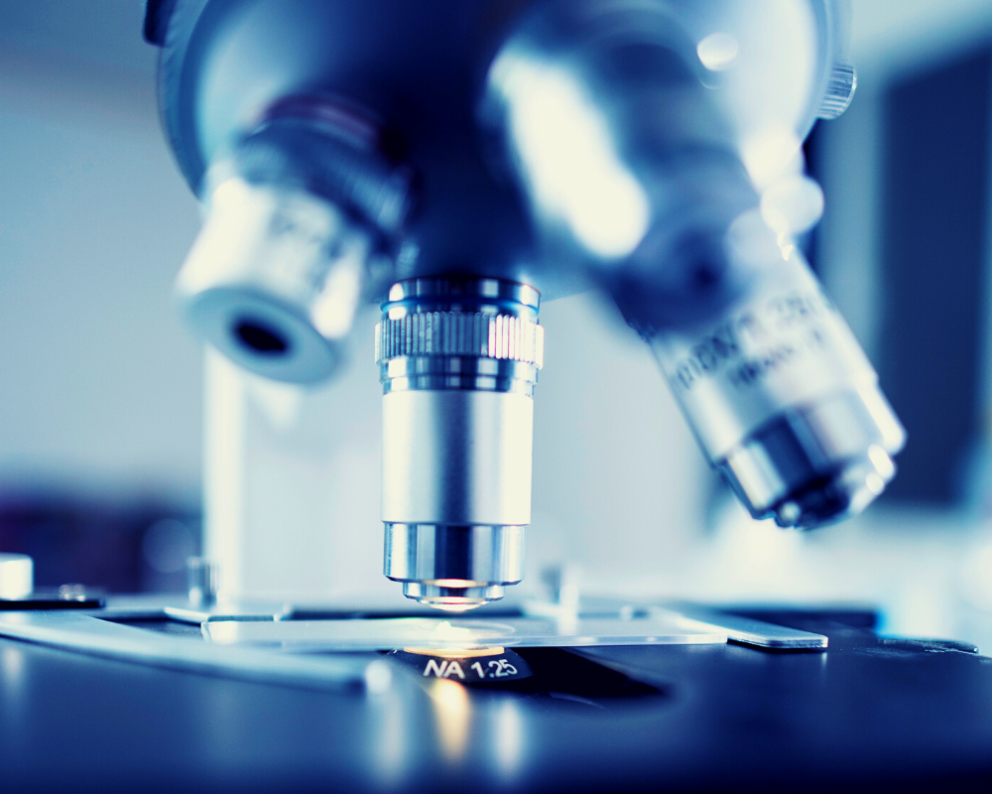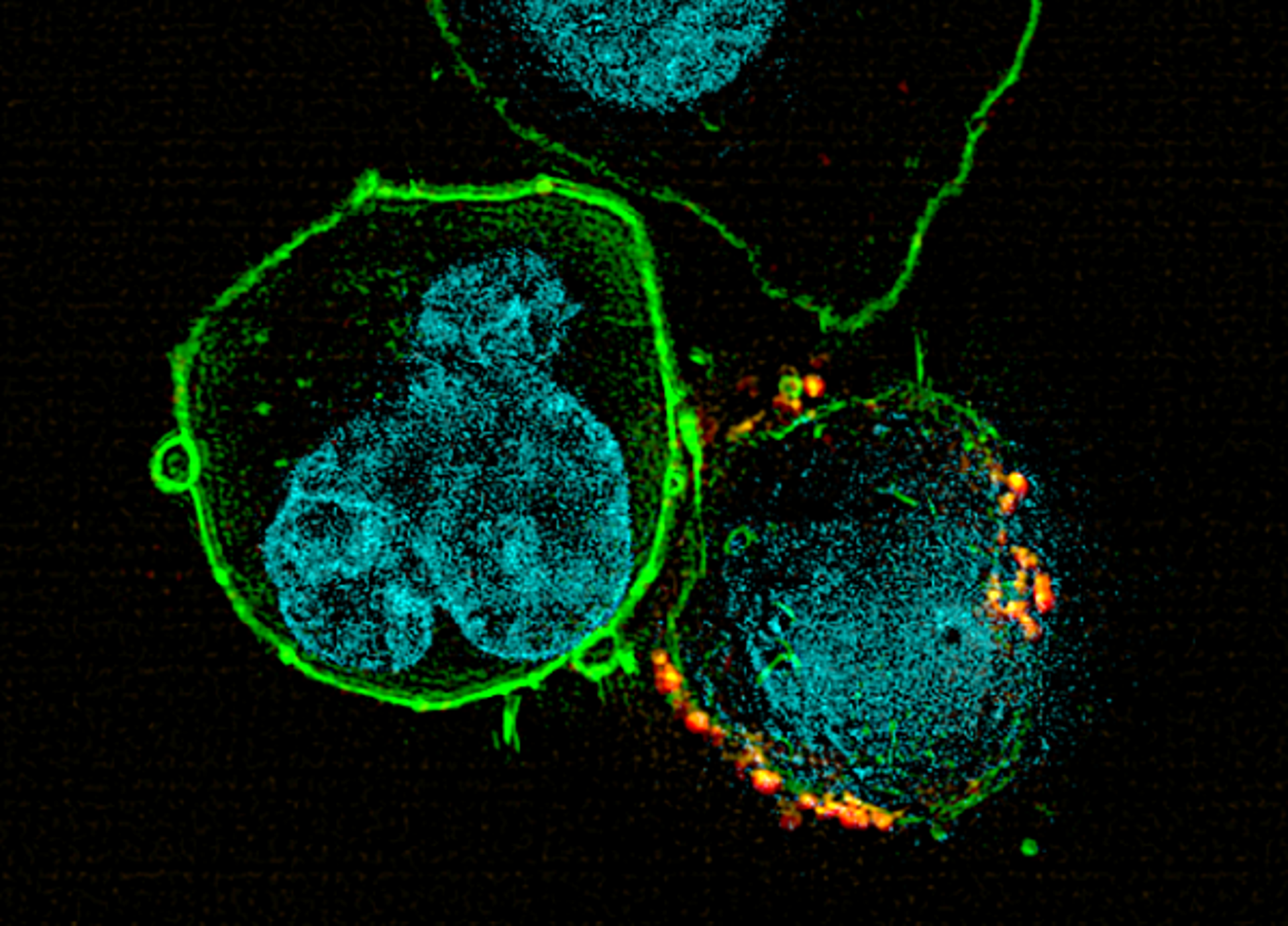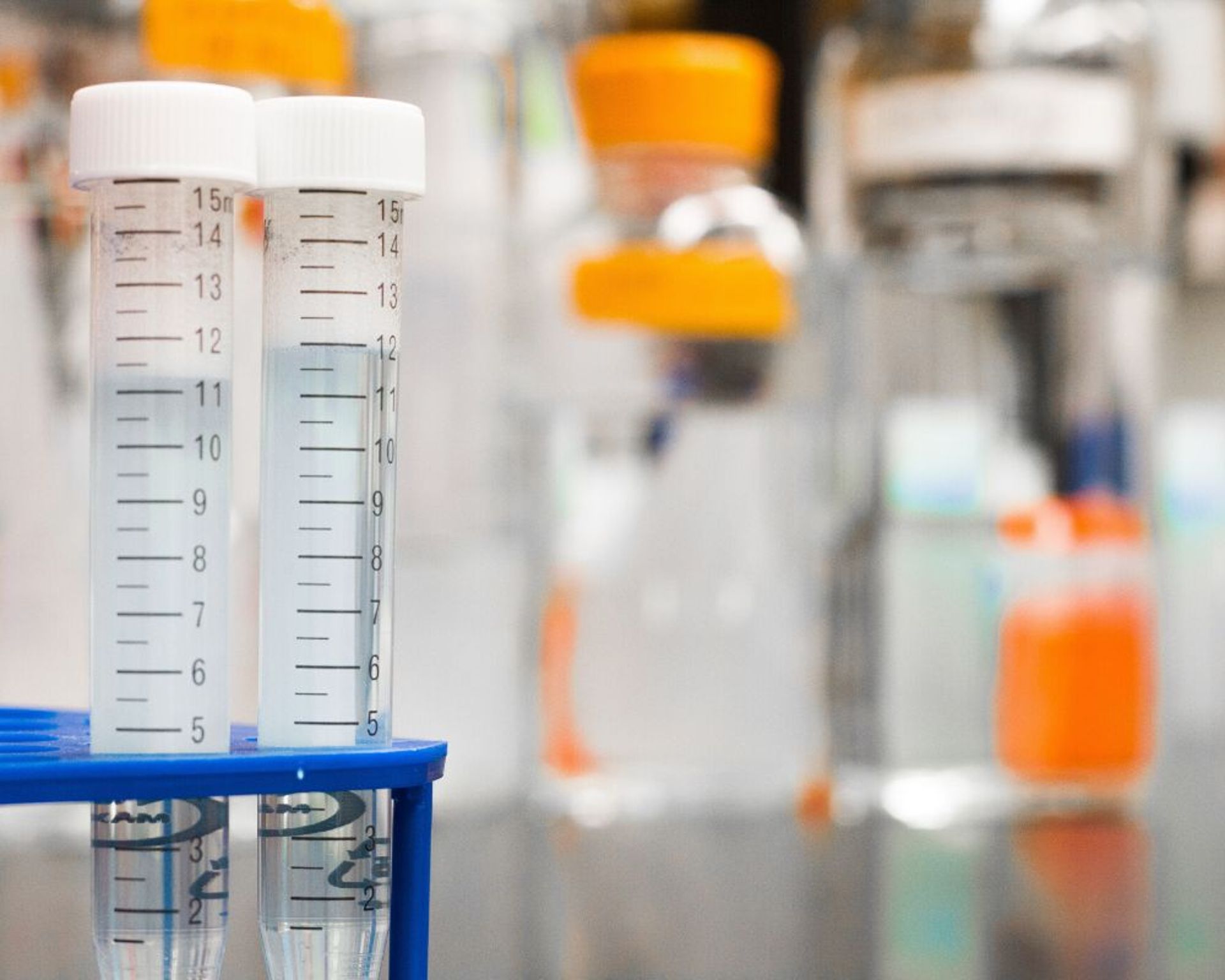
T2EVOLVE is a breakthrough alliance of academic and industry leaders in cancer immunotherapy which started in January 2021, under the European Union’s Innovative Medicines Initiative (IMI). The key objective of T2EVOLVE is to accelerate development and to increase access of cancer patients to immunotherapy with reprogrammed immune cells. Reprogramming is accomplished by genetic engineering with a T cell receptor (TCR) or synthetic chimeric antigen receptor (CAR).

Engineered T cell therapy
Engineered T cell therapy is a revolutionary cancer treatment where a patient’s immune cells are reprogrammed to seek and destroy cancer cells. This transformative treatment has the potential to cure cancer with a single shot. This therapy is approved and available in the EU for the treatment of leukemia and has the potential to become a blockbuster therapy for other types of cancer, as well as infectious diseases and autoimmune diseases in the future.

T2EVOLVE alliance
The strategic objective of T2EVOLVE is to accelerate the process of developing CAR T-cell therapy in the EU, to grant EU patients access to the most ground-breaking and best available medical care, while providing guidance on the implementation of this novel treatment into the EU healthcare system in a sustainable way, and to help alleviate the financial burden of health care on the economy and society. Moreover, patient involvement will ensure that the perspectives of cancer patients are at the center, in the research setting as well as along the cancer care continuum.
All members of the T2EVOLVE consortium are innovators and pioneers in the field of immunotherapy, highly committed to bridge the existing gaps between research and clinical application in Europe and make the EU lead the promising engineered T-cell therapy movement.

UniSR role in the international consortium
The T2EVOLVE consortium is being coordinated by the Universitätsklinikum Würzburg, Germany and Servier, France. The interdisciplinary T2EVOLVE consortium is made up of 27 European partners from 9 different nations. Partners include university and non-university research facilities, pharmaceutical and biotechnology companies, as well as regulatory authorities and patients and professional associations. A core feature of this approach will be to involve patient stakeholders as contributing members of the team across all levels of the R&D process.
Among partners, also the San Raffaele University:
“San Raffaele University is a cell and gene therapy center in Europe recognized for the excellence of its teaching and research. The University participates in the T2EVOLVE EU project to contribute, with its deep knowledge in the field of cancer immunotherapy, to the goal of accelerating the clinical translation of therapies with engineered T cells. PI of the project is Prof. Chiara Bonini, Full Professor of Hematology and Head of the Experimental Hematology Unit of the San Raffaele Hospital, with the fundamental collaboration of Prof. Fabio Ciceri, Full Professor of Hematology, Scientific Director of the San Raffaele Hospital, Head of the Hematology and Bone Marrow Transplant and Oncohematology Units, of Dr. Monica Casucci, Group leader of the Innovative Immunotherapy Unit, and of Prof. Paolo Dellabona, Director of the Immunology, Transplant and Infectious Diseases Division”.
Further information on the project will be available from February 2021 on the website www.t2evolve.eu
You might be interested in
/resolutions/res-c660x528/Pensa_Aorta_Congresso_UniSR-(3).png)
UniSR hosts the launch of the “Pensa all'Aorta” campaign

UniSR PhD Courses 2025-2026
0/resolutions/res-c660x528/Cassandra_studio_pazienti_pancreas_UniSR-(1)0.png)
Pancreatic Cancer: New Treatment Guidelines Arising from a Patient-Funded Study
/resolutions/res-c660x528/Milani_terapia_genica_UniSR-(1).png)
